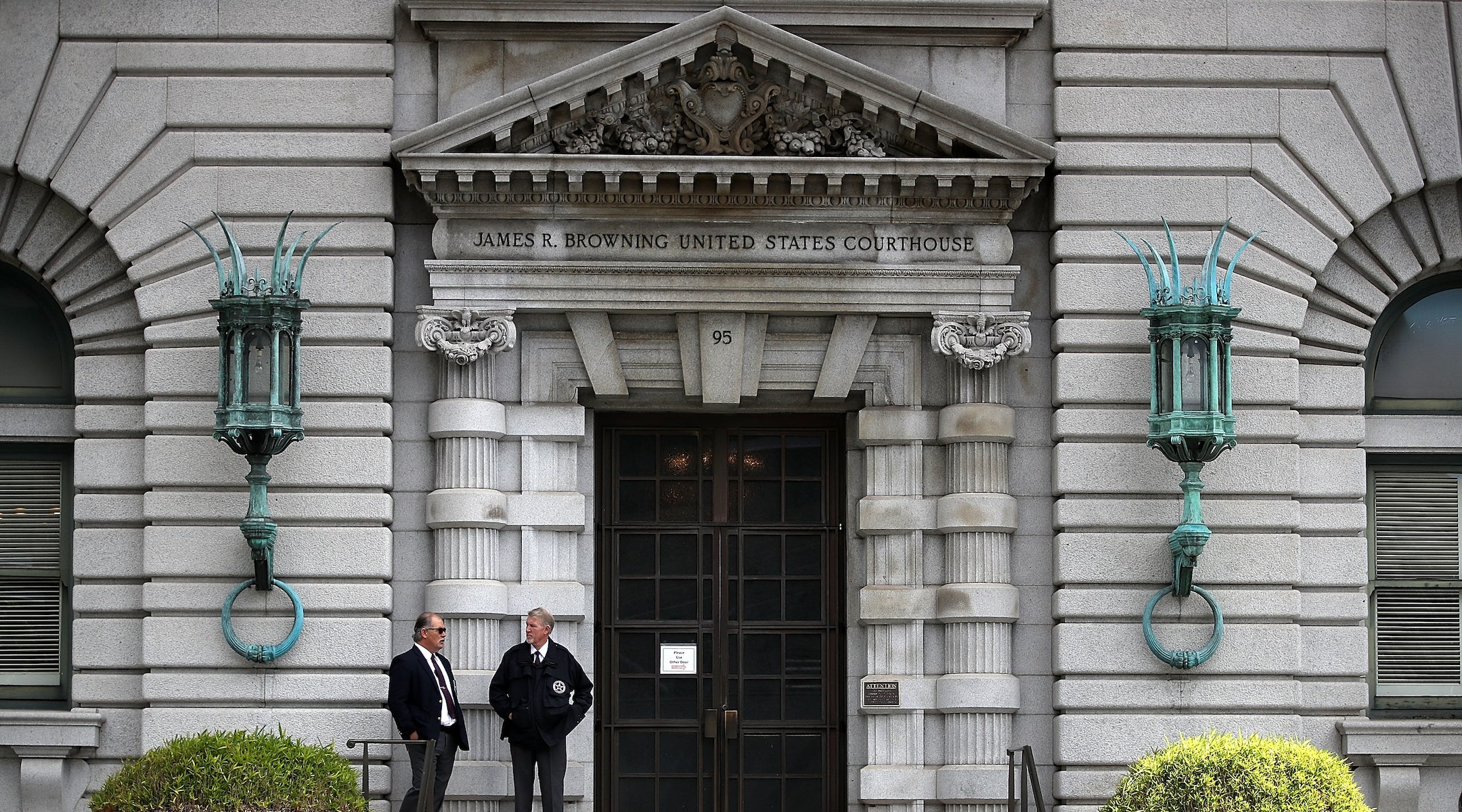As Orthodox Jews, Chaya and Jonathan Loffman were deeply committed to having their 3-year-old son educated at a religious school. But when he was diagnosed with autism, they discovered that California law bars religious schools from receiving government funding for special education needs.
Faced with this dilemma, the Loffmans enrolled him in Maor Academy, an Orthodox institution in Los Angeles, and paid out of pocket for as much special attention as they could afford. Eventually, they had to discontinue his speech therapy because it was too costly.
The Loffmans found it unfair that they were forced to pay for services freely available to parents at public and nonreligious private schools and they decided to sue the state in federal court last year. Joining their lawsuit were two other families as well as Shalhevet High School and Yavneh Hebrew Academy, two Modern Orthodox institutions in Los Angeles.
A federal judge initially sided with California’s education department, which argued that excluding religious schools from funding was required by the First Amendment. But earlier this week, a panel of judges with Ninth Circuit Court of Appeals overruled the lower court based on the constitutional guarantee of the free exercise of religion. In other words, they ruled, California cannot force parents to choose between religious education and receiving funding for special education.
California now has 90 days to file an appeal with the Supreme Court. Whether it does is an open question: The Supreme Court has a conservative majority and a record of siding with plaintiffs seeking state aid for religious institutions.
An attorney with the Becket Fund for Religious Liberty, a nonprofit public-interest law firm representing the Loffmans and other plaintiffs in the case, called the ruling a “massive win for Jewish families in California.”
“It was always wrong to cut Jewish kids off from getting disability benefits solely because they want to follow their faith,” Becket attorney Eric Rassbach said in a statement.
Teach Coalition, an Orthodox Union-affiliated advocacy group that partnered with Becket on the case and lobbies for increased access to government funding for Jewish schools across the country, emphasized that the case has implications beyond the Jewish community and the state of California.
“This is a game-changing moment for our community and for religious families of children with disabilities — not only requiring change in California but holding nationwide implications,” Teach Coalition CEO and Founder Maury Litwack said in a statement.
The case’s significance was underscored by attention from Agudath Israel of America, which represents haredi Jewish interests, and coverage in Christian media.
Notably, the ruling came from the Ninth Circuit, often considered the most liberal federal court jurisdiction, and was unanimously approved by a panel of three judges, including Clinton and Obama appointees. They cited several recent decisions by the Supreme Court, suggesting that the court’s shifting approach to religious liberty is influencing lower courts.
Justice Brett Kavanaugh discussed the shift last month at an event hosted by Catholic University’s Columbus School of Law, noting that the court was working to correct what it sees as discrimination against religious groups and individuals enabled by previous constitutional interpretations.
Several significant recent religious liberty cases before the Supreme Court were brought by Becket, including a 2021 case where the court unanimously ruled that Philadelphia couldn’t require a Catholic foster care agency to place children with same-sex parents.
Becket has a long history of representing Jewish plaintiffs, and a recent case involving Yeshiva University may also reach the Supreme Court. Becket is representing the Modern Orthodox university in a lawsuit over whether it must recognize an LGBTQ student group. In August, Becket secured a federal injunction against the University of California, Los Angeles, from a judge who ruled that UCLA had failed to protect Jewish students who had been blocked from parts of campus by pro-Palestinian protesters.
JTA has documented Jewish history in real-time for over a century. Keep our journalism strong by joining us in supporting independent, award-winning reporting.






